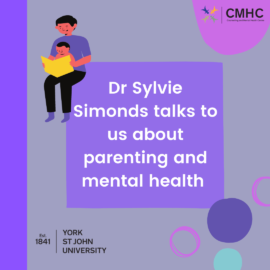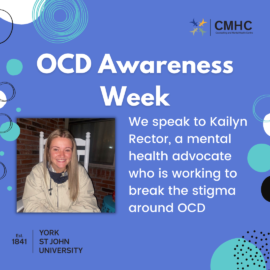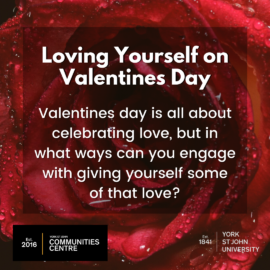Hello everyone! Welcome back, we hope that you’re having a glorious week and enjoying the beautiful sunshine and warm weather. This week we wanted to talk about a very important topic: Anger. We want to use our post this week to discuss just how you can help yourself in the moments where anger has you feeling as though you might snap or lash out, and remind you that there are always ways that you can cope.
Everyone feels angry sometimes. But how do we know when that anger is a problem? It’s not an easy emotion to process, and sometimes anger can make a person lash out, say things they don’t mean, and hurt the feelings of people close to them.
So many people struggle with managing their anger in a healthy way, and it’s so important that you find a way to cope and find a source of support. Getting angry doesn’t make you a bad person; it’s a complex emotion that needs communicating and expressing in a healthy and productive way, and that can be a difficult thing to learn how to do.
Anger Manage UK have written a brief list detailing signs that suggest that your anger could be problematic.
- Realising you often need to suck your anger in, and then get to the point that you explode without warning.
- Noticing that you often overthink, ruminate and focus on the negative.
- Constant irritability, short temper and defensive behaviour.
- Getting into arguments and conflicts with others that increase your levels of frustration.
- Being physically threatening and verbally violent towards family members and others – this is a key sign.
- Smashing up objects or property.
- Road rage.
- Finding that even you are afraid of your outbursts towards others, causing you to experience anxiety and possibly depression.
Mind say that anger can sometimes be positive, it can help us to:
- Help us identify problems or things that are hurting us.
- Motivate us to create change, achieve our goals and move on.
- Help us stay safe and defend ourselves in dangerous situations by giving us a burst of energy as part of our fight or flight system.
But there is also unhelpful anger behaviours, such as:
- Outward aggression and violence – such as shouting, swearing, slamming doors, hitting or throwing things and being physically violent or verbally abusive and threatening towards others.
- Inward aggression – such as telling yourself that you hate yourself, denying yourself your basic needs (like food, or things that might make you happy), cutting yourself off from the world and self-harming.
- Non-violent or passive aggression – such as ignoring people or refusing to speak to them, refusing to do tasks, or deliberately doing things poorly, late or at the last possible minute, and being sarcastic or sulky while not saying anything explicitly aggressive or angry.
So what can you do?
It sounds reductive, but sometimes there is a lot to be said for taking yourself out of a situation that is bringing on the negative emotions, and having a moment for yourself before you get overwhelmed. The same for the counting to ten in your head or out-loud before you act or say anything. I’ve found that counting to ten can be really useful in a setting where you might say something that will have repercussions.
Exercise such as yoga, or running, can be great ideas for expelling some negative emotions – and taking some time for yourself to reflect. Sweating and stretching can feel restorative, and lots of runners’ say that they do their best thinking on their runs!
These are only temporary situational fixes, and if anger is a problem for you then it is really important that you seek support and know that there is no shame in needing some help.
- Counselling: Completely invaluable in helping you to understand and manage your anger. Refer yourself to our counselling service at CMHC and we will do what we can to help you through your problems.
- Samaritans: available 365 days a year, 24 hours a day. Rather than lash out, ring a Samaritan and talk about how you feel with an unbiased outsider who is there to help you. Call – 116 123. Samaritans are available for free telephone conversation 24/7, 365 days a year. · Try a mindfulness app: Apps like Headspace can be amazing for a quick fix if you’re struggling and not in a position to speak to a counsellor or the Samaritans. It’s an introduction to mindfulness that can help you to feel a little calm.
- Visit your GP: They can talk through your issues, and help you to get referred to local services.
- SHOUT: Text SHOUT to 85258 for free, confidential support.



